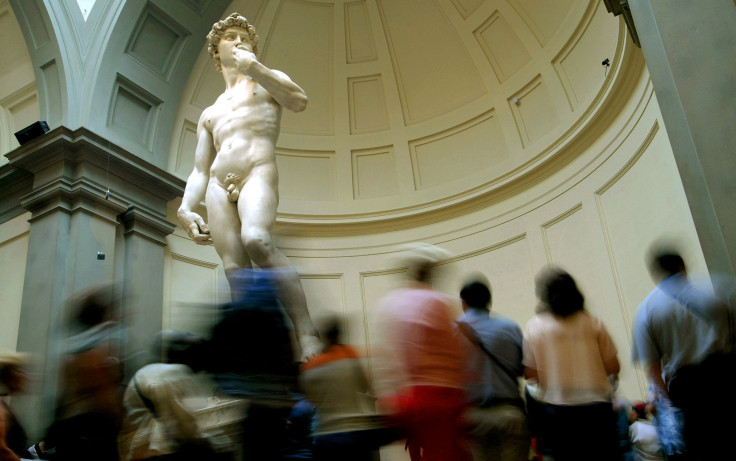Your Testicles Are Home To 999 Unique Proteins, More Than Any Other Body Part

First, there was the Human Genome project, which mapped the approximately 20,000 different genes contained in each cell of our bodies, and now there is the Human Protein Atlas (or what might be called the Human Proteome project), which is an inventory of all the proteins produced by our bodies. Recently, the project delivered a shocking revelation: the testicles are home to 999 proteins — more proteins than in the brain, more than in the heart, more than in any other organ or body part.
“We still have some mysteries when it comes to our own body,” Dr. Mathias Uhlén, director of the project and professor at the Royal Institute of Technology in Stockholm, told Crosstalk TV.
Genes and Proteins
As you probably know, it is your genes that have decided the color of your eyes and the shape of your feet. Genes, though, are also responsible for producing the many proteins that coordinate all the complex biological processes of your body, including carrying out thousands of chemical reactions within and among cells. By looking at a gene’s DNA sequence, scientists understand which protein a particular gene will make, and this, in fact, is what it means for a gene to be active (or expressed) — it is able to produce proteins.
Different cells have different purposes, so which genes of the entire set contained in every one of your cells become active (expressed) and which do not is determined by each individual cell. Add to that, some genes are only expressed at key moments during human development and then become silenced afterward. Scientists do not yet fully understand the entire process, including the amount of protein that will be made, when it will be made, or what cell in a group of similar cells will make it.
The atlas, which commenced in 2005 with tissues donated by 360 healthy volunteers, sought to figure out the exact role of each protein in our bodies.
“What we try to do in this project … is to go through [the proteins] one by one, and then say where are they in the body and we also try to say what they’re doing and so on and in the end have a map, an atlas, of all the building blocks of human beings,” said Uhlén on Crosstalk TV.
The process of mapping the proteome, which has required heroic amounts of man hours as well as software development, has produced 13 million images to display and explain protein activity.
“What we’ve produced is like a Gray's Anatomy for proteins,” Uhlén told New Scientist. Since the brain is our most complex organ, Uhlén and his co-researchers at 13 laboratories were somewhat surprised to learn it hosts just 318 unique proteins compared to the 999 proteins found in the testicles. While the testicles produce sperm, essential to reproduction, they also synthesize hormones that are important for the development of male sex characteristics. Uhlén believes ovaries, which are equally essential to reproduction, may have a similar number, but he has not tested this theory due to the fact that eggs are made inside fetuses.
However, this was not the only unusual discovery made by the researchers working to create a new body map. They also learned that almost half (8,847) of our total genes are switched on in all our cells, while 2,355 proteins are uniquely produced in specific organs.
"Cars like Ferraris and Volkswagens may look very different, but the basic components of both are roughly the same, and that's how it is with organs and proteins," Uhlén told New Scientist.



























